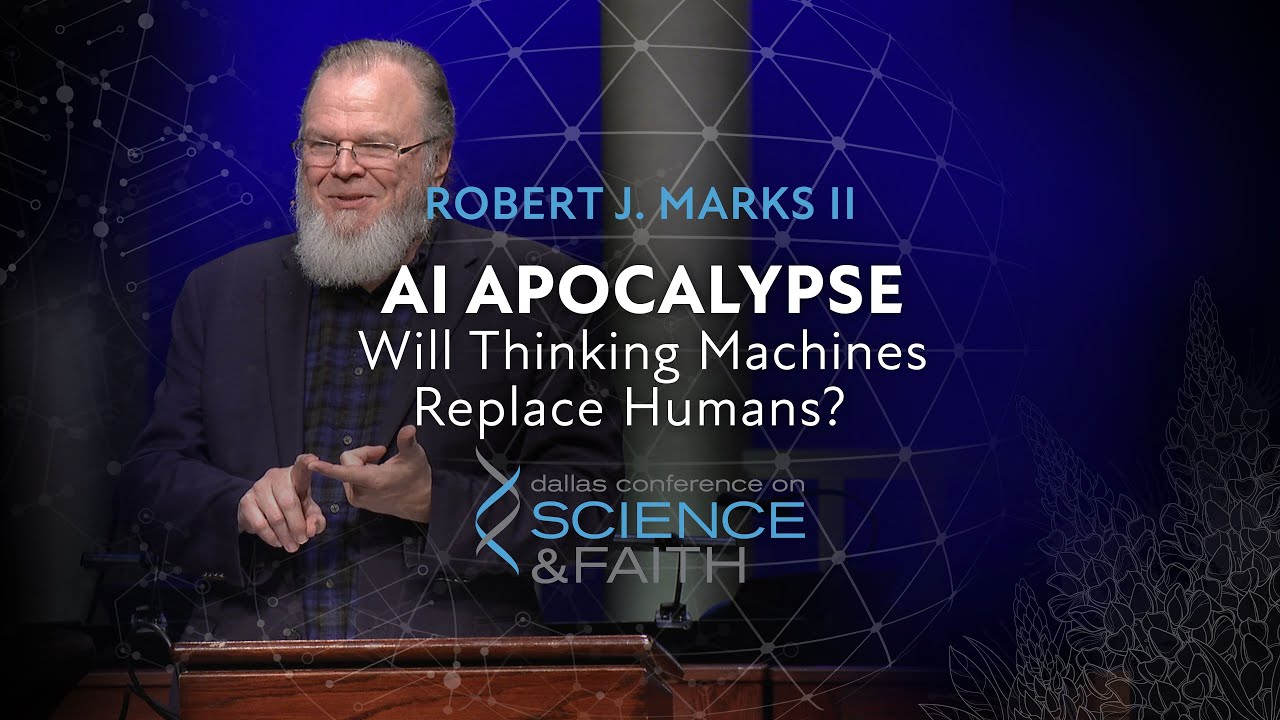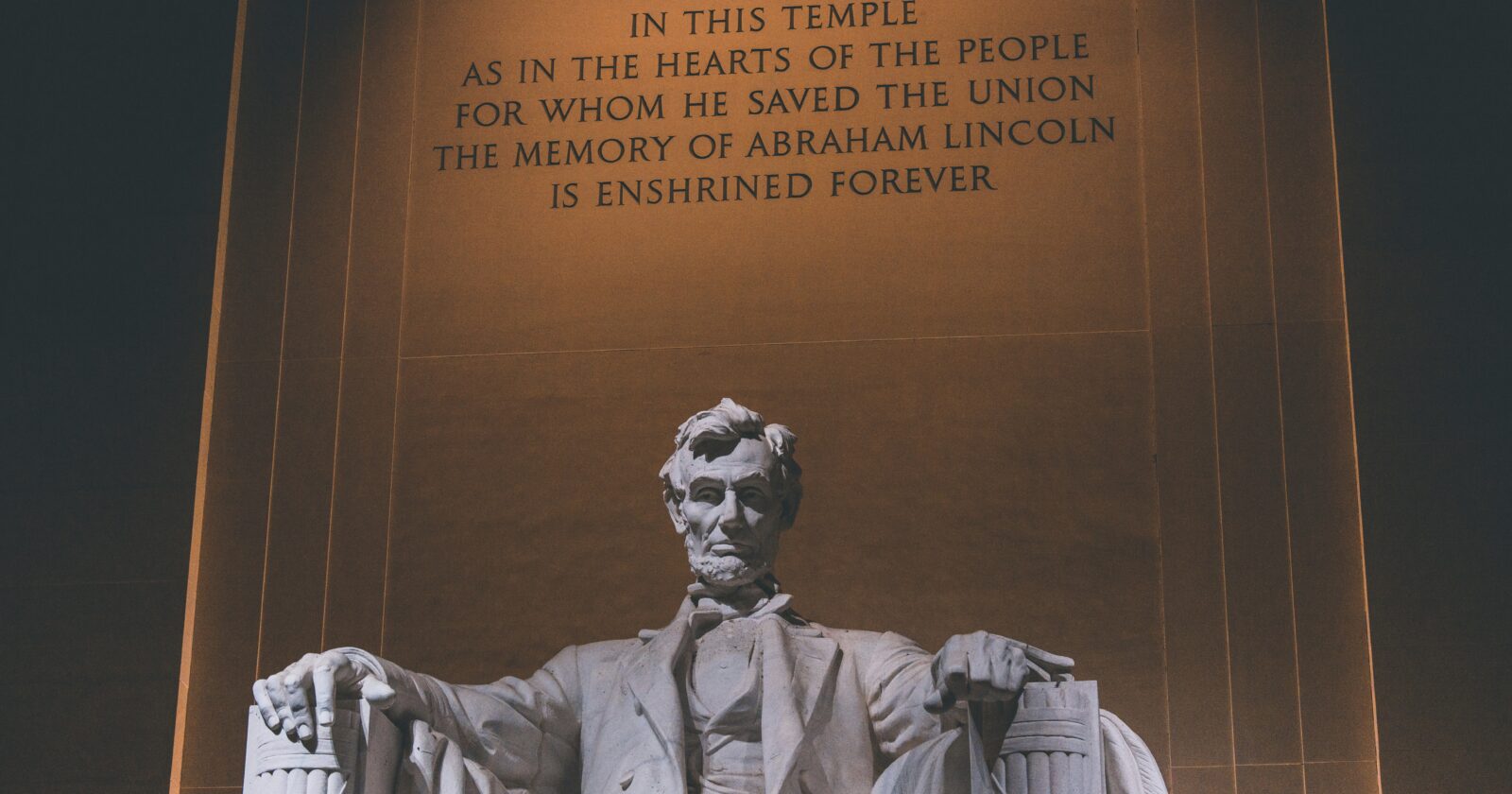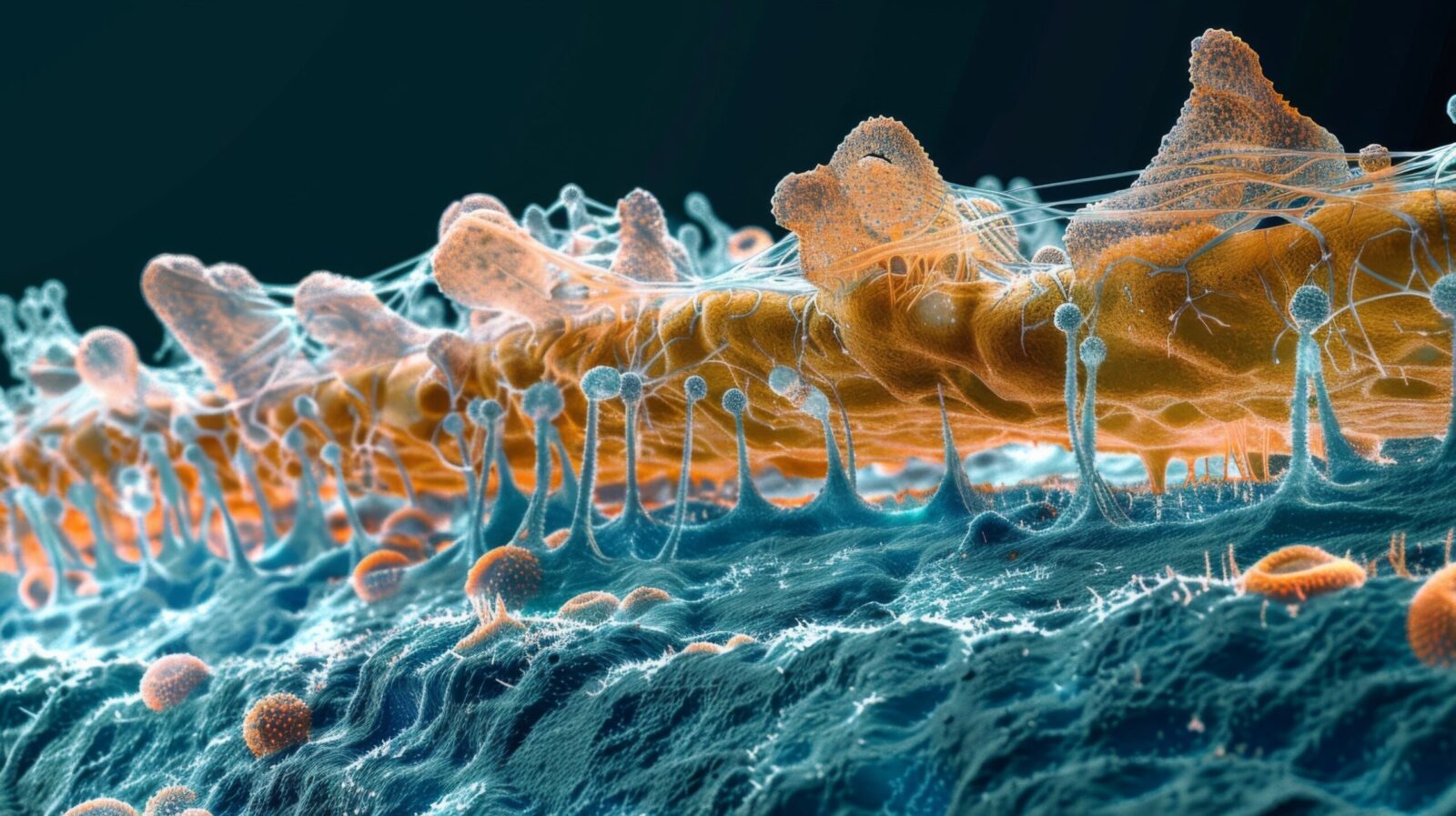


Emily Reeves on Intersection of Biology and Engineering

The Summer 2024 Presidential Succession Crisis Explodes

25th Amendment: Acting President Is Not Being President

Stephen Meyer Visits the Multiverse of Madness

AI Apocalypse: Will Thinking Machines Replace Humans?
Computer engineer Robert J. Marks talks about how artificial intelligence (AI) has influenced our society as well as the hype which has surrounded AI in the last few years. This talk was presented at the 2022 Dallas Conference on Science and Faith in January 2022. Marks is author of the book Non-Computable You: What You Do that Artificial Intelligence Never Read More ›

Unnatural Death

Dr. Jonathan Loose on Personal Identity and the Life Scientific

Watch: For July 4th, an Intelligent Design-Themed Tour of Washington, DC
